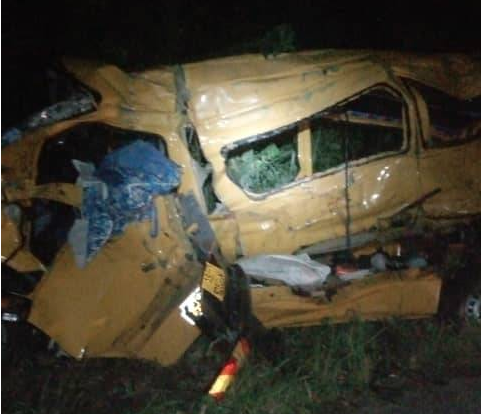US Immigration Lawyer Explains New Visa Bond Policy & Changes Affecting Immigrants
US-based immigration attorney, Lawyer Aba, has provided insights on the new immigration policies recently introduced by the United States government. In an interview with SVTV Africa, she explained that individuals applying for B1/B2 (tourist and business) visas from countries with high overstay rates may now be required to pay a bond ranging from $5,000 to $15,000. This new policy takes effect on August 20th.
The final bond amount will be determined by the consular officer during the visa interview. Travelers affected by this rule will be assigned pre-selected airports for both entry and exit from the United States. Once they return to their home country within the authorized time, the bond money will be refunded.
Lawyer Aba advised that this may not be the best time to apply for a US visa, especially for applicants from countries with high overstay records. She noted that the high bond does not guarantee visa approval — an application can still be denied despite the bond payment.
Additionally, the “drop box” option for renewing H1B2 visas has been removed. Applicants from affected countries must now appear in person for an interview.
This policy will not impact Canadian citizens and some other low-risk countries. However, it does affect family-based immigration. Changes have been made to adjustment of status processes, especially for those who marry US citizens while in the country. For such cases, failing to submit a birth certificate can lead to visa denial. Applicants will be given a chance to provide the document if it’s missing initially.
Having an approved I-130 petition (for family sponsorship) does not automatically guarantee a green card. If the applicant is undocumented or has a criminal record, they can still be deported at any time. Even if someone has overstayed and their child is now 21 and eligible to petition for them, the authorities can still deport the parent and bar them from reentry for 10 years.
Lawyer Aba also highlighted that many asylum seekers are facing termination of their cases. The US now deports some applicants to third-party countries such as Eswatini if their original asylum claims are found to be false or invalid — particularly if they’ve overstayed in the US for more than a year.
She shared a real-life case of a Ghanaian man who was married and awaiting documentation. Before his wife could file for him, he was picked up by ICE and deported to Ghana.
According to Lawyer Aba, even under a future president, many of these policies may remain in effect. She urged all immigrants and visa applicants to stay informed and ensure they follow the correct legal process.

















